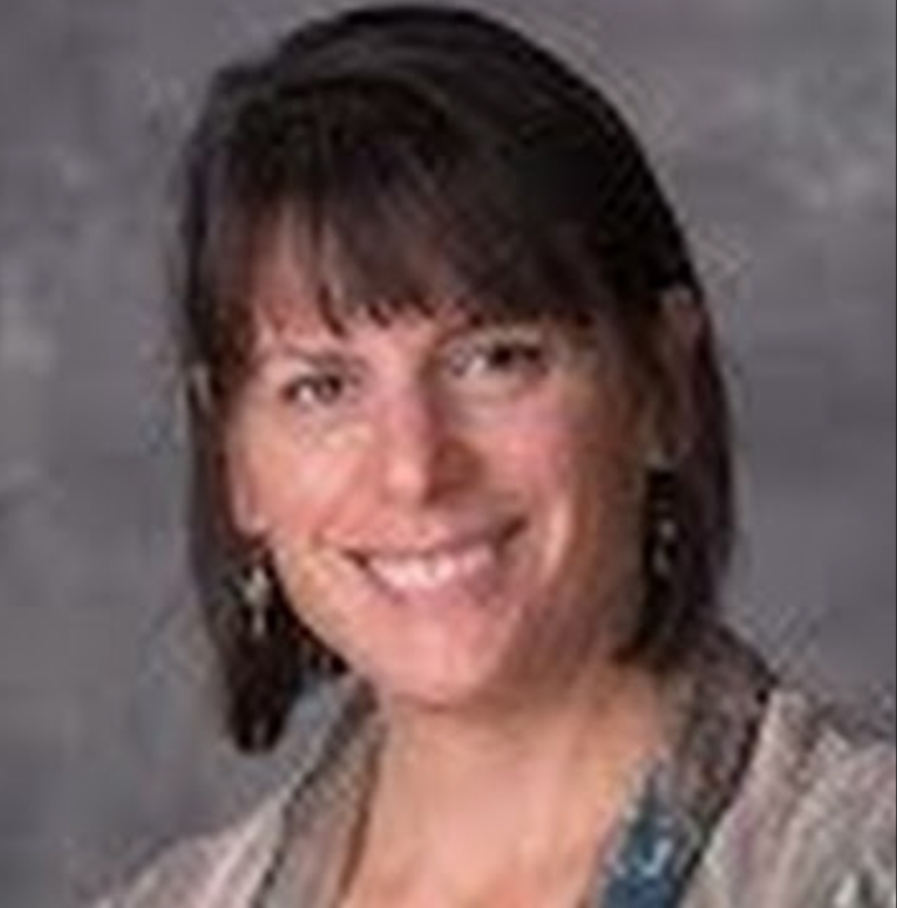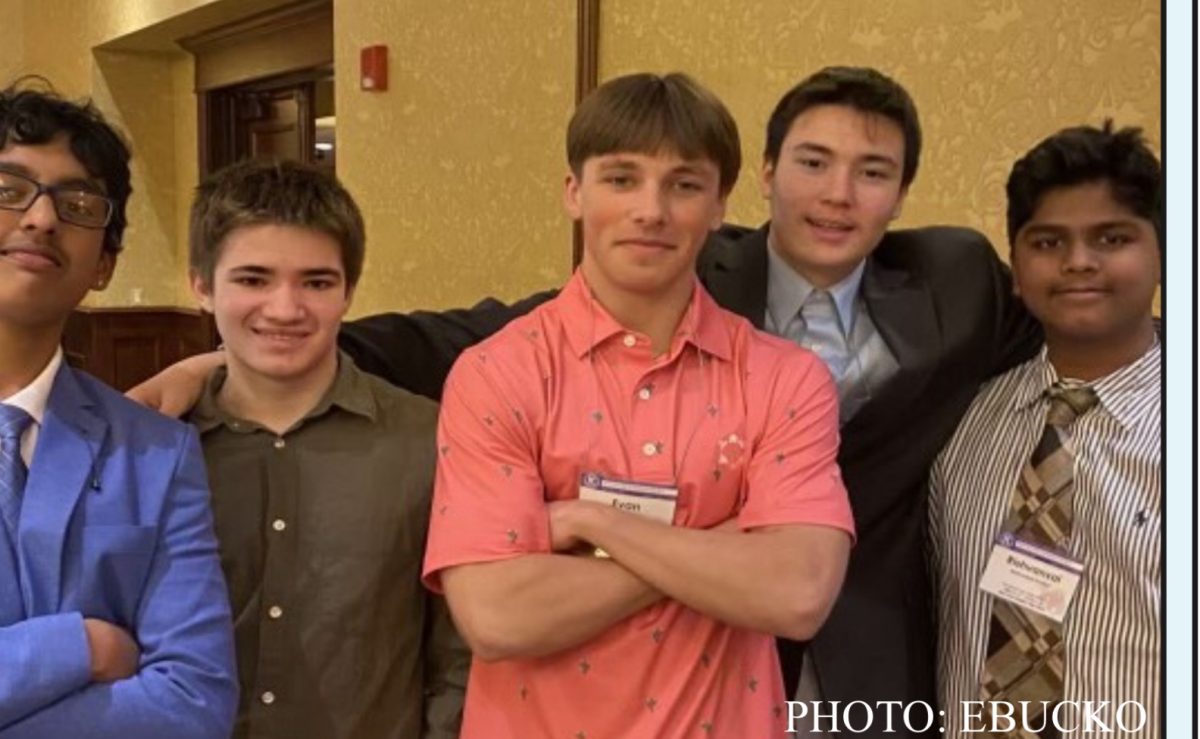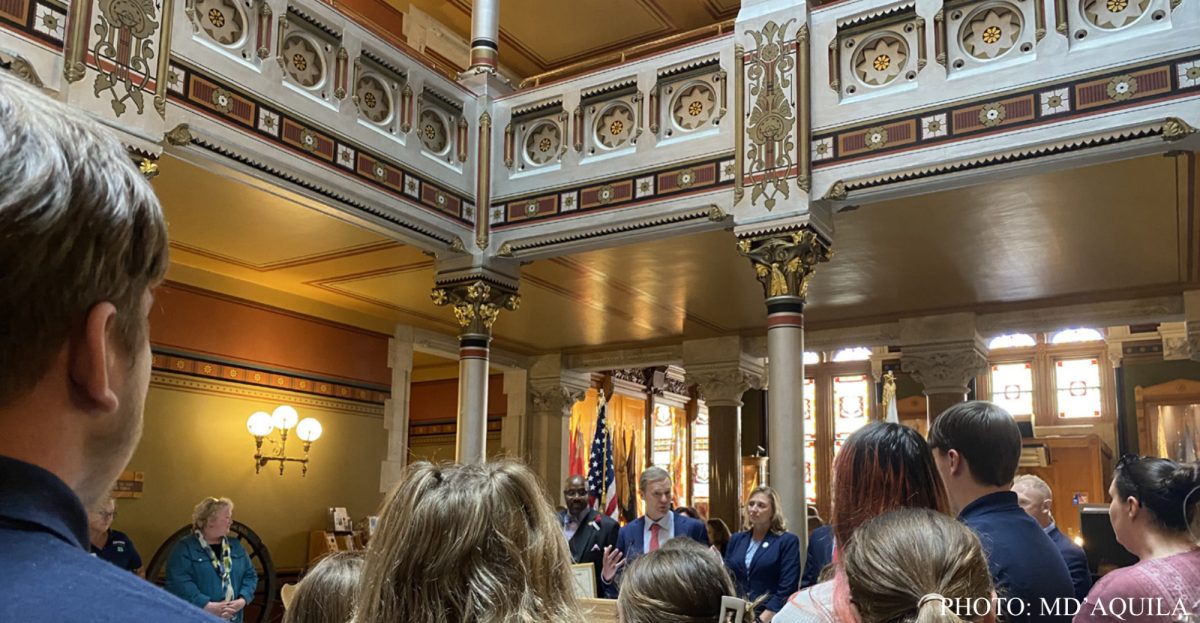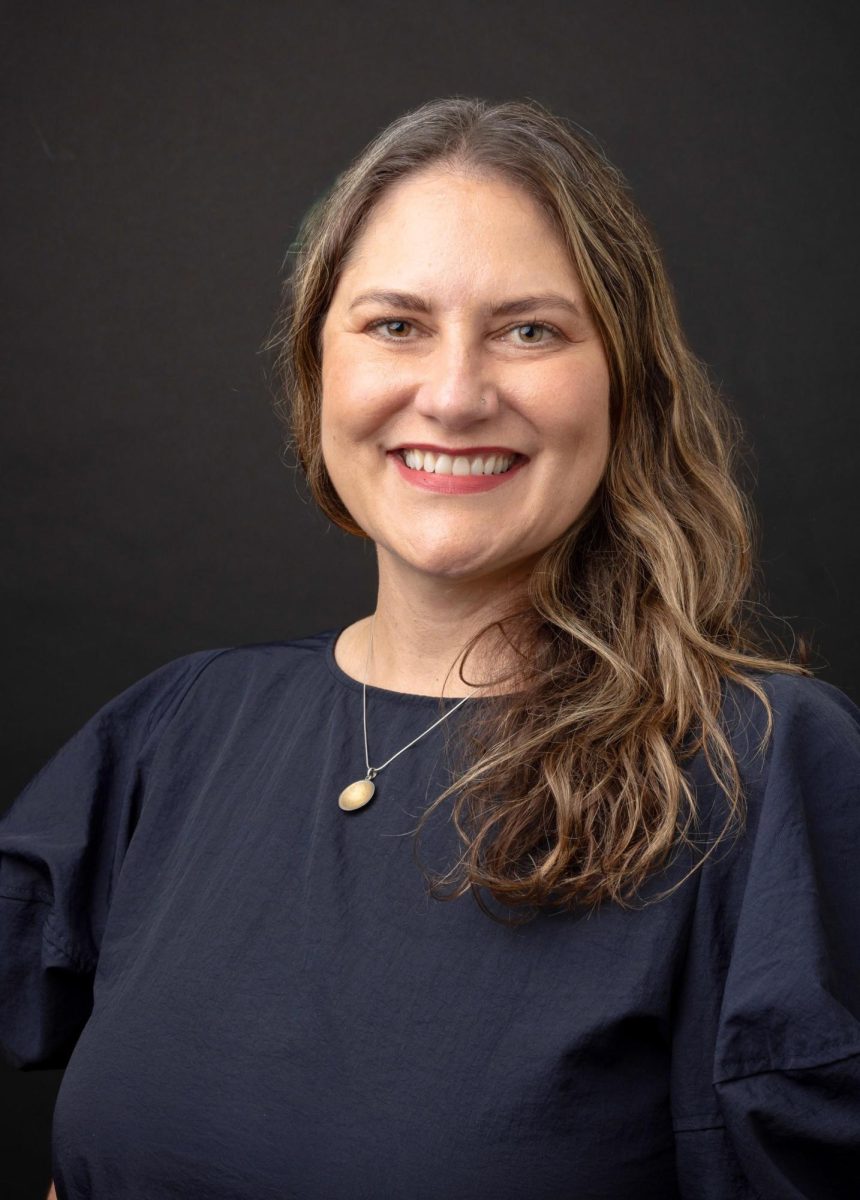Viking Saga(VS): How did you first become interested in psychology?
Lillian Parmelee(LP): “I was always fascinated by how the mind works and why some students learn better than others. What makes some kids excel at certain things and not others? I always found it fascinating. I love the field of learning and memory. I also knew I wanted to work with adolescents in a public high school setting. I may have considered social work, but school psychology is my true calling.”
VS: There are so many specialties within the psychology field. How did you decide you wanted to work within a school setting?
LP: “My interest lies in the field of learning, and I wanted to work within a school environment, particularly high school. I wanted to be employed at the master’s level and I did not have an interest in the additional schooling required for a doctorate. So, school psychologist was a good fit.”
VS: Describe the process of becoming a school psychologist.
LP: “Well, you have to go to college. It doesn’t matter what you major in, but if you major in education and/or psychology, you will have met many of the prerequisites for graduate programs in school psychology. Online, you can find graduate programs in the field and the specific classes required for admission. A masters and professional certificate are required for employment, additionally, some programs offer a doctorate in school psychology. The master’s program is usually a three-year, 60-credit program which includes an internship which prepares you for working within a school. Students who continue to the doctorate have more years of graduate school, but they can work in a school and they can work privately.”
VS: What services does a school psychologist provide?
LP: “One of the primary roles of the school psychologist is the psychological assessments. We evaluate or participate in an evaluation team that looks at students who are suspected of having disabilities. In addition to that, we have training in counseling and consultation. Counseling is goal-directed and focuses on issues a student may be having, such as anxiety, that interferes with learning. Consultation is when you’re asked by a teacher to help with strategies or methods within the classroom.”
VS: Can you go into more detail about the testing component of your job?
LP: “There’s a team of people that meets called the PPT; it stands for planning and placement team. Parents or teachers can refer a student to the PPT if a disability or the need for special education is suspected. We are trained to evaluate, identify, and make recommendations for kids who have different kinds of learning disabilities or emotional disabilities. I have to write up my findings and have them ready by a certain date. We have to adhere to deadlines and work under pressure. That’s the hardest part of this particular job. However, it is highly rewarding and motivating, especially when you receive feedback from parents, colleagues, and students that the work made a difference for the individual student. You have to like what you do and, and feel like you’re making a difference and that people value you.”
VS: What advice would you offer to students who are interested in following your career path and aren’t sure what they need to do?
LP: “I love this job. It’s been extremely rewarding and fulfilling to me. Some people may be disappointed because they are not aware of certain aspects of the job before applying to the field, particularly the testing and report writing. If you’re not the type of person who likes to examine a puzzle, search for answers, analyze data, and write reports, then this may not be the right choice of field. You want to explore these things ahead of time. Once you learn the ropes of the job, then you can have some fun. It’s always a lot of fun when you’re working with kids. Always.”









